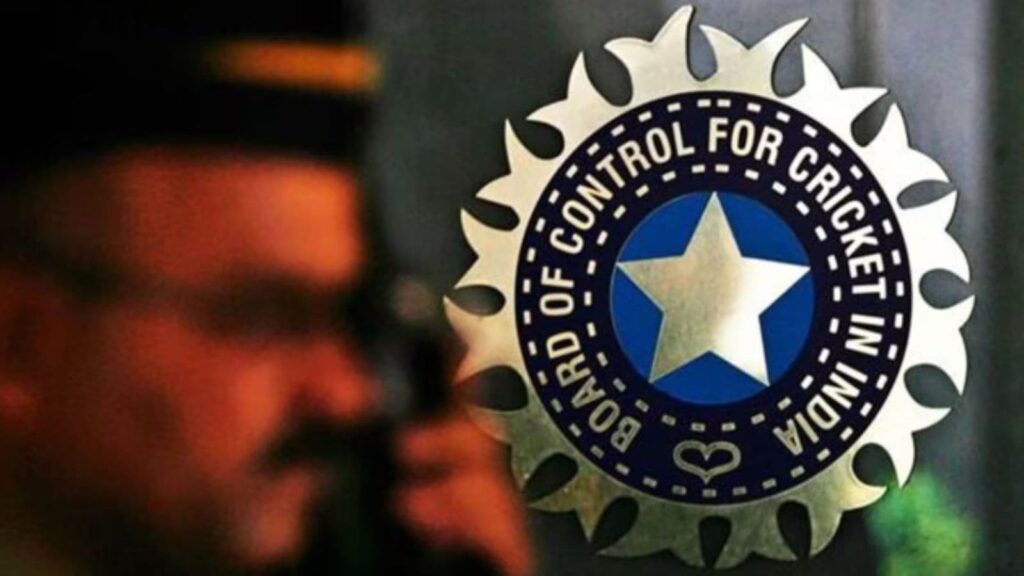After Dream 11 pulled the plug on its sponsorship of the Indian team following the new law curbing online gaming, the ripples are being felt across the wider cricketing ecosystem.
For BCCI, the world’s richest cricket body, it is business as usual as it prepares to float a new sponsorship tender. But the smaller state T20 leagues, and their teams, which are heavily reliant on real-money fantasy gaming companies and offshore betting websites to sustain their operations, are bracing for impact — from Tamil Nadu and Karnataka to Mumbai and Delhi.
Santosh N, managing partner of D & P Advisory, an independent valuation company tracking the IPL brand, said the domestic leagues were essential for the online gaming companies to “keep the users engaged” and ensure year-round visibility.
“A significant portion of their revenue comes from IPL, which is a two-month to two-and-a-half-month affair. If you add BCCI games, it will take another 120 days. What about the other 200-250 days?” Santosh said.
“Now, if they don’t have anything on my platform for those 200 days, the active users would actually drift away or just uninstall their apps. So these platforms wanted to keep these users engaged by giving other leagues as options. The numbers (revenue) are nowhere close to IPL or Indian cricket in those other leagues. But they are just doing it because it is required to keep them hooked onto their platforms,” he said.
The impact, Santosh predicted, might be felt beyond the leagues and teams. Even the players who were roped in as ambassadors, experts from other industries who promoted the games and broadcasters could feel the pinch.
Dream11, the leading real-money fantasy-gaming platform, had players such as M S Dhoni, Rohit Sharma, Rishabh Pant, Shikhar Dhawan, R Ashwin, Hardik Pandya, Shreyas Iyer and Jasprit Bumrah promoting it. It had also partnered with several IPL franchises to place its brand name on T-shirts and helmets.
Story continues below this ad
Its main competitor, Mobile Premier League (MPL), was the Indian team’s apparel sponsor between November 2020 and December 2022 with Virat Kohli as its face. During that time, it was also the principal sponsor of the Indian contingent at the Tokyo Olympics and the Asian Games and Commonwealth Games that followed.
Another operator, My11Circle, had the then BCCI president Sourav Ganguly endorsing it apart from players such as Mohammed Siraj, Yashasvi Jaiswal, Rinku Singh, Shubman Gill and Ruturaj Gaikwad, even when Dream11 was associated with Indian cricket.
The Federation of Indian Fantasy Sports, a self-regulatory body, has bureaucrat Bimal Jhulka as its chairman, former Supreme Court Judge AK Sikri as an ombudsman, sports executive Joy Bhattacharya as the director general and Dream 11 co-founder Harsh Jain as president.
“Millions of dollars were invested in these platforms. When it came to branding, cricket was a natural choice because IPL had the best viewership. And it was in IPL where they were getting nearly 90-95% of their revenue. They were using cricketers, Bollywood stars as brand ambassadors, and they were able to push this through because once they get into it, it is very addictive. I need not work hard to actually make money. Through luck, you can help me get some easy money. And everybody wants easy money,” Santosh said.
Story continues below this ad
Since these gaming platforms took a significant portion of the advertisement time slots, Santosh reckons the broadcaster could feel the pinch of it. “With this ban, actually a lot of advertisements would dry up. While there won’t be a dearth of brands looking at advertising for IPL, obviously, the ad rates would come down. They will fill up the slots, but may not get the same amount,” he said.
In 2024, PwC estimated that the value of the Indian gaming market was around Rs 33,000 crore in 2023 and expected to reach Rs 66,000 crore by 2028. But now, the BCCI and IPL and its 10 franchises stand to lose up to Rs 1,000 crore. According to reports, Dream11, with a revenue of Rs 6,380 crore, spent Rs 2,960 crore on advertising, brand-building and promotion.
“They had so much money and they could spend on big names,” said ad guru Prahlad Kakkar. “They had to keep everyone in eyeballing. It is a chicken-and-egg case. Do you wait for the market to explode or invest because the market should explode? It became popular because you could advertise.”
These gaming platforms had faced scrutiny earlier, as well. But with the courts concluding at the time that it was a game of skill and not similar to gambling, which is banned, the industry thrived with real money involved. “The reward was constant. People were encouraged to hang on to it so that they will one day hit the jackpot. It was done cleverly,” Kakkar said.
Story continues below this ad
The ripples are being felt in Europe, as well. The European Cricket Network, a tournament that involves local clubs from all over the continent including England, issued a statement on its X handle: “ECN Tour paused from Monday 25 August”. The network is facing an uncertain future as its main sponsor Dream11 is set to pull the plug on this tournament as well, according to the BBC.
Dan Weston, founder of ECN, told the BBC that the ban was a devastating blow to European cricket at a time when countries like Italy have made it to the T20 World Cup. “Fantasy sports have provided unmatched financial support to help grow cricket, especially in Associate nations, creating opportunities for both men and women. Our vision was to make cricket the number one bat-and-ball team sport in Europe. Now, those hopes feel shattered,” he said.


